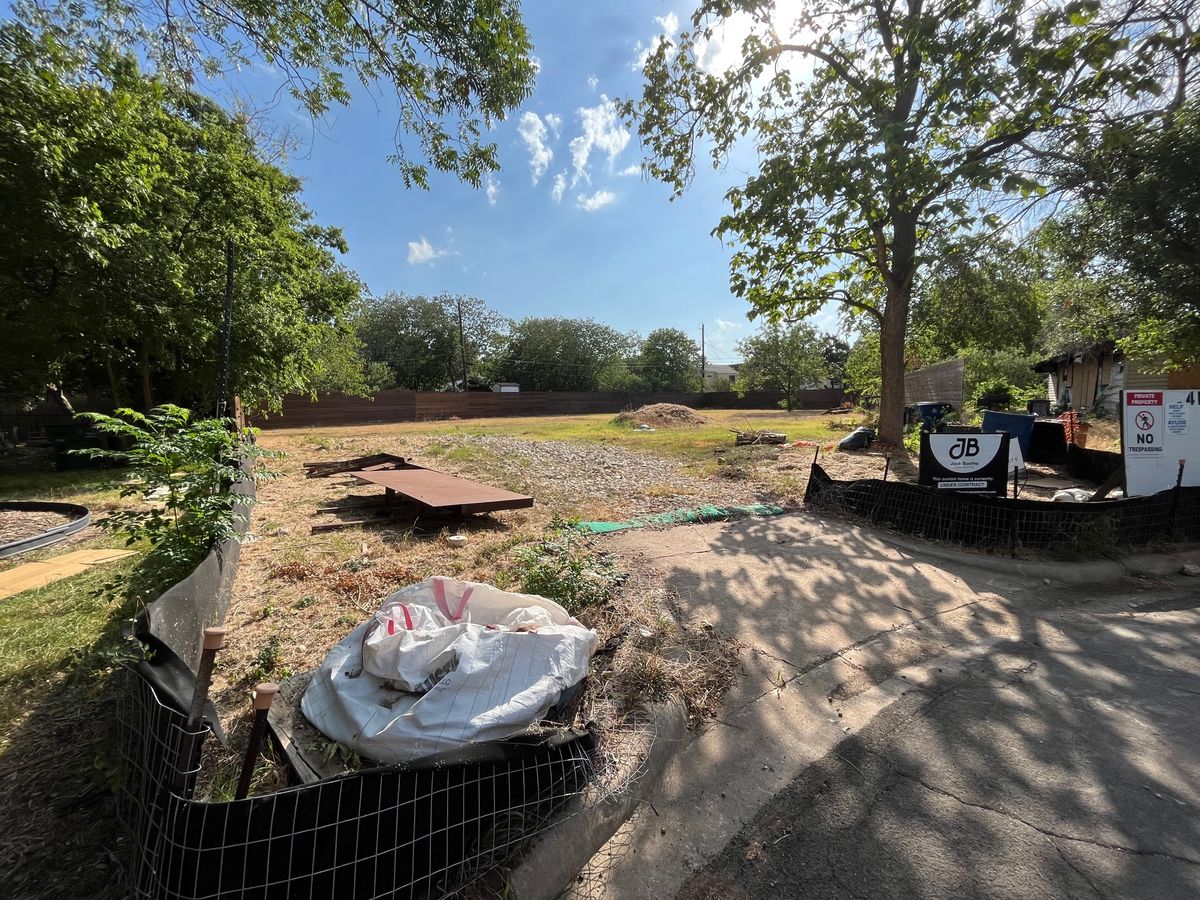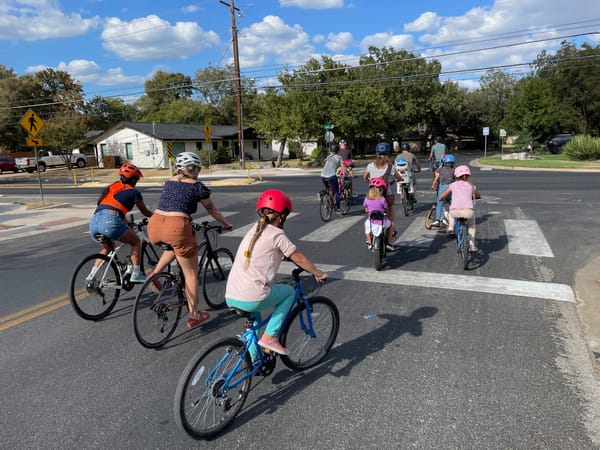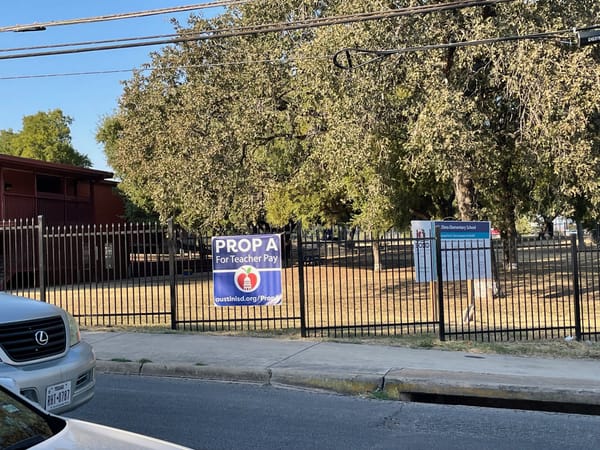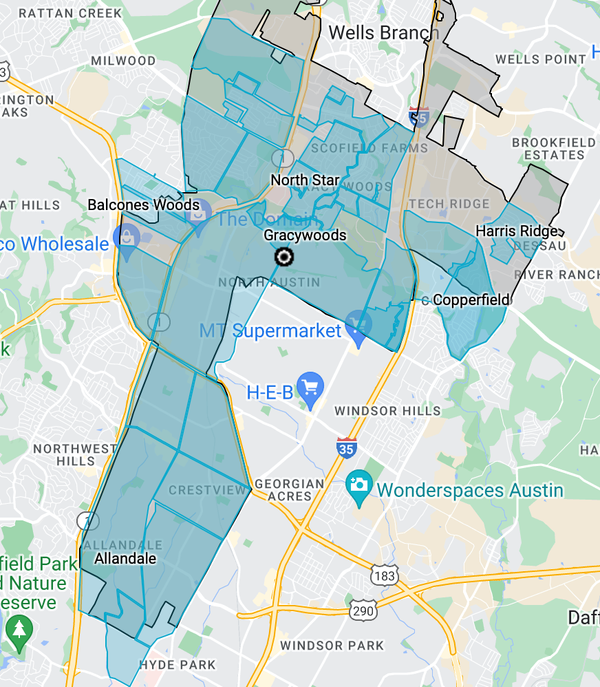The musicians & SXSW
Musicians demand more pay from SXSW.

Over the past half-century, corporations and their allies in government have done much to undermine organized labor, from "right-to-work" laws aimed at weakening unions to prohibitions on public sector collective bargaining.
However, perhaps the greatest damage to the labor movement has been cultural. At some point in the 80's –– perhaps inspired by Reagan's firing of the air traffic controllers –– businesses began to embrace union-busting tactics that for decades had been taboo. Moreover, it became popular to say that unions were right for another time and place, perhaps early 20th century coal miners, but that they don't make sense for the careers of tomorrow.
There are strong signs that young people are beginning to wake up and reject that narrative, as evidenced by the wave of unionizations in media, retail, nonprofits, tech – even strip clubs! And for the first time in over 60 years, strikes by the screenwriters union and the same actors union once led by Reagan himself have paralyzed Hollywood.
Organized labor is not nearly the force in the Live Music Capital of the World as in Tinsel Town, but labor has a long and proud history here nevertheless.
The Austin Federation of Musicians, an affiliate of the American Federation of Musicians, has been around for 116 years, president Aaron Lack tells me. The union represents musicians who work for the Austin Symphony, the Austin Opera, the Austin Jazz Workshop and traveling Broadway shows that come through town.
The AFM is part of a coalition pushing SXSW to pay higher wages to musicians at its events.




